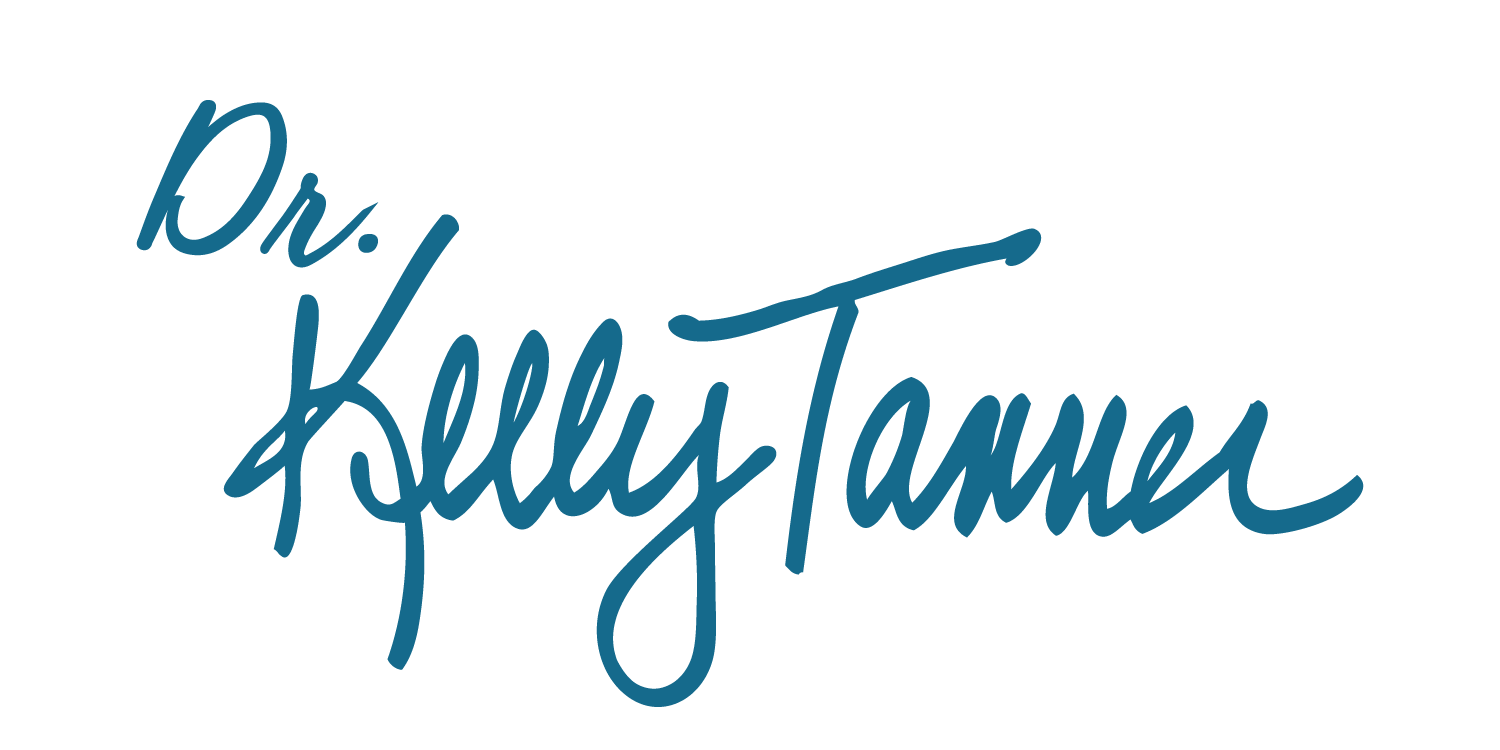The Candid Conversations Dental Hygienists Need to Have With Erika Flateau
In a refreshingly honest episode of The Dental Handoff podcast, Dr. Kelly Tanner and veteran dental hygienist Erica Flateau tackle the uncomfortable realities rarely discussed in professional settings. Their conversation shines light on the interpersonal challenges, practice dynamics, and burnout factors affecting dental hygienists today—offering both validation and practical solutions for professionals facing these common but seldom-addressed issues.
The Evolution of Competition to Collaboration
Erica opens with a vulnerable admission about her early career mindset: "I felt very competitive with other hygienists. I wanted to be the one that the doctor thought was the darling. I wanted to be the one that the patients would request to see."
She explains that this competitive attitude created invisible barriers between herself and her colleagues. "You don't get close to your co-hygienists in the office or even other team members if you're secretly, deep down, feeling competitive with them and hoping to shine above others."
With professional maturity came a transformative realization: "We all bring something different." This shift from competition to appreciation allowed her to "work in collaboration with them and have fun with them," ultimately leading to greater confidence and job satisfaction.
For new hygienists struggling with similar feelings, Erica advises: "Own that confidence and understand that the people that are there are there to work with them and help uplift them as well. Any sort of conversations that are done in private that aren't uplifting to other people... throw it out."
The Patient Scheduling Dilemma
Another rarely discussed challenge involves patient scheduling—particularly when patients expect to see their regular hygienist but are assigned to someone else. This situation became especially prevalent during the pandemic when maintaining consistent hygienist-patient pairings proved nearly impossible.
The podcast hosts describe the common practice management approach: "We're not calling that patient and telling them that they're not seeing Betsy today because they're going to cancel."
While acknowledging the scheduling pressures practices face, both hosts emphasize the importance of developing diplomatic language to handle these situations. Erica shares her approach: "I've learned language skills to manage the patient's perception of the situation... She's not here today. I'm just going to take care of you. She will be back. I'm so sorry that she missed you today."
The hosts invite listeners to share their own practice solutions in the comments, recognizing the tension between ideal patient care and operational realities.
Addressing Clinical Inconsistency
Perhaps the most challenging unspoken issue involves working alongside colleagues whose clinical skills or standards differ significantly from your own. Both hosts acknowledge the difficult position this creates—seeing calculus on radiographs that previous providers missed, witnessing abbreviated scaling and root planing procedures, or hearing patients question why they're suddenly bleeding during probing when they never did before.
Rather than taking a judgmental approach, Erica suggests collaborative solutions: "I think I could have that conversation with them in a gentle way and a respectful way. Maybe approach it like, 'I'm really excited about this new instrument, or I'm really excited about this new technique. Do you want to work with me on this?'"
When considering whether to address concerns with practice leadership, both hosts emphasize focusing on objective facts rather than personal attacks. "You stick to the facts," Erica advises. "There is calculus on the x-ray. It's black and white. You can't argue with that. Going in guns blazing, saying 'you're a terrible hygienist'... we just went personal and emotional."
Dr. Tanner adds that effective communication must be reciprocal: "Conflict begins with 'co-' and so you need two people to get through it. It's a courageous conversation to bring it up to doctor, to bring it up to the hygienist."
The Burnout Reality
Underlying many of these interpersonal and practice challenges is a profession-wide issue: burnout. "Hygienists are leaving the profession or they're getting through their days or they're just, they can't wait to do something else with their career," Erica observes. "Many are leaving very soon after they're in, or they're doing as least amount of clinical hours as they can. And we really have to ask why."
Both hosts identify factors contributing to burnout:
Scheduling pressures that prioritize volume over comprehensive care
Lack of autonomy in clinical decision-making
Insufficient non-patient time for team building and communication
Physical demands without adequate breaks
"The only way you can really make good money with a hygienist on your team is to keep that hygienist extremely busy," Erica notes. "But it doesn't leave a lot of room for them to be able to work with that patient in a really comprehensive way."
Moving Forward Together
Despite these challenges, the conversation remains hopeful and solution-focused. "As industry leaders, could we help people in our profession and make them better at caring for their patients ultimately?" Dr. Tanner asks.
"One hundred percent," Erica responds. "We can, and we will."
Their vision for revitalizing the profession centers on:
Creating practice cultures where open, respectful communication is the norm.
Educating doctors about the value of giving hygienists appropriate time with patients.
Building communities where hygienists can discuss these issues candidly.
Leading by example to inspire new professionals.
"Somebody that's coming into this industry is going to look at you, and they're going to say, 'I want that,'" Erica concludes. "And they're seeing you do things in a way that is vulnerable and authentic and from growth and from hard work. And it is so inspiring."
By bringing these unspoken truths into the open, dental hygienists can begin rebuilding the profession from a place of authenticity, collaboration, and mutual respect—creating a future where burnout is the exception rather than the rule.
Watch the full episode: https://youtu.be/LkBiqYmsTqo
Keywords: dental hygienists, burnout, collaboration, competition, patient scheduling, clinical inconsistency, communication, practice management, professional development, team dynamics, workplace challenges, interpersonal relationships, dental profession,


